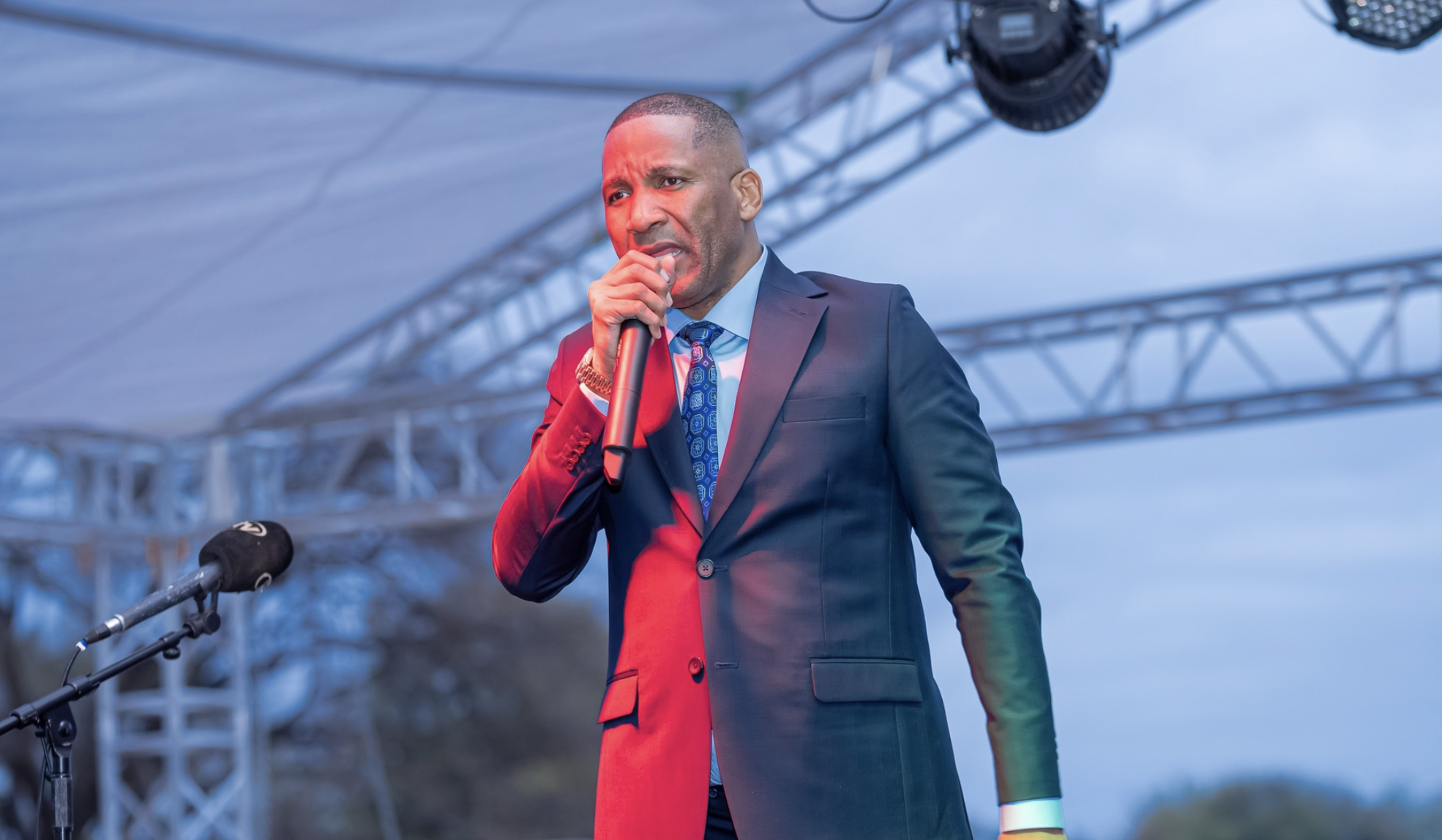Gaborone, Botswana – In a major political triumph, Duma Boko’s Umbrella for Democratic Change (UDC) has surpassed the critical milestone of securing 31 parliamentary seats, cementing its position as the ruling party without needing to enter a coalition with other opposition groups. This development comes as election results continue to solidify the UDC’s commanding victory, transforming the political landscape of Botswana.
By winning more than half of the 61 available parliamentary seats, the UDC now has a clear majority, sparing Boko the challenge of negotiating a power-sharing arrangement with other opposition parties, such as the Botswana Congress Party (BCP) and the Botswana Patriotic Front (BPF). Analysts note that this decisive win grants the UDC a stronger mandate to implement its vision and policies without the complexities of coalition governance, allowing for greater stability and clarity in its administration.
The electoral outcome leaves the once-dominant Botswana Democratic Party (BDP) in a historically weak position. Not only has the BDP lost control of the government, but it has also failed to secure enough seats to claim the role of official opposition. Instead, the BCP will take up this position, leaving the BDP as the least powerful of the three major parties represented in Parliament.
This dramatic reversal of fortunes marks a stunning fall from grace for the BDP, which has governed Botswana for decades. Political observers suggest that the party’s diminished influence reflects widespread dissatisfaction among voters, who were eager for change after years under BDP rule. The UDC’s messaging of prioritizing national interests and reform resonated with a populace ready for a new direction, while the BDP’s campaign failed to galvanize significant support.
The UDC’s triumph has sparked hope and anticipation among its supporters. The party’s leadership, buoyed by this clear mandate, is expected to prioritize economic reforms, social development, and anti-corruption measures. Duma Boko, who has long advocated for systemic changes, will now have the opportunity to turn his campaign promises into action, with a Parliament solidly in his corner.
Meanwhile, the weakened BDP faces a period of soul-searching and rebuilding as it contemplates its future in Botswana’s shifting political landscape. The party will have to reassess its strategies and policies if it hopes to regain relevance and influence in the years to come. As the dust settles, Botswana braces for a new era under UDC rule, with both opportunities and challenges on the horizon.










